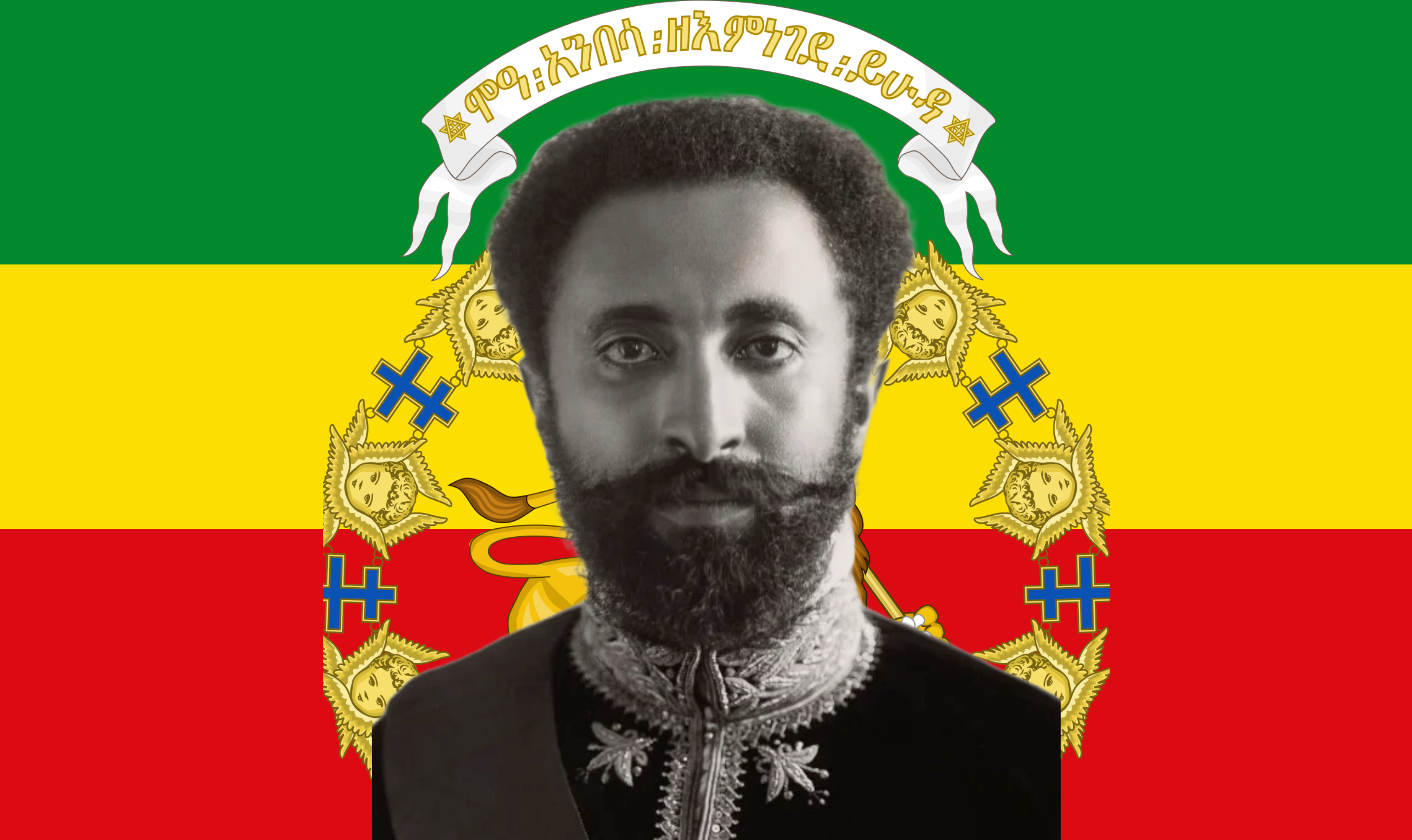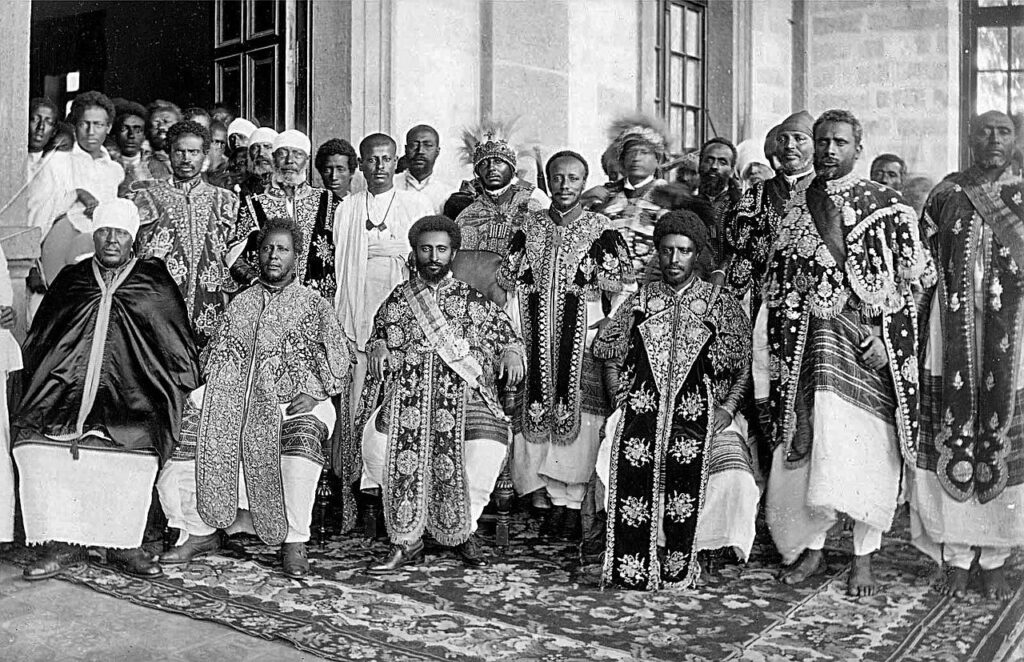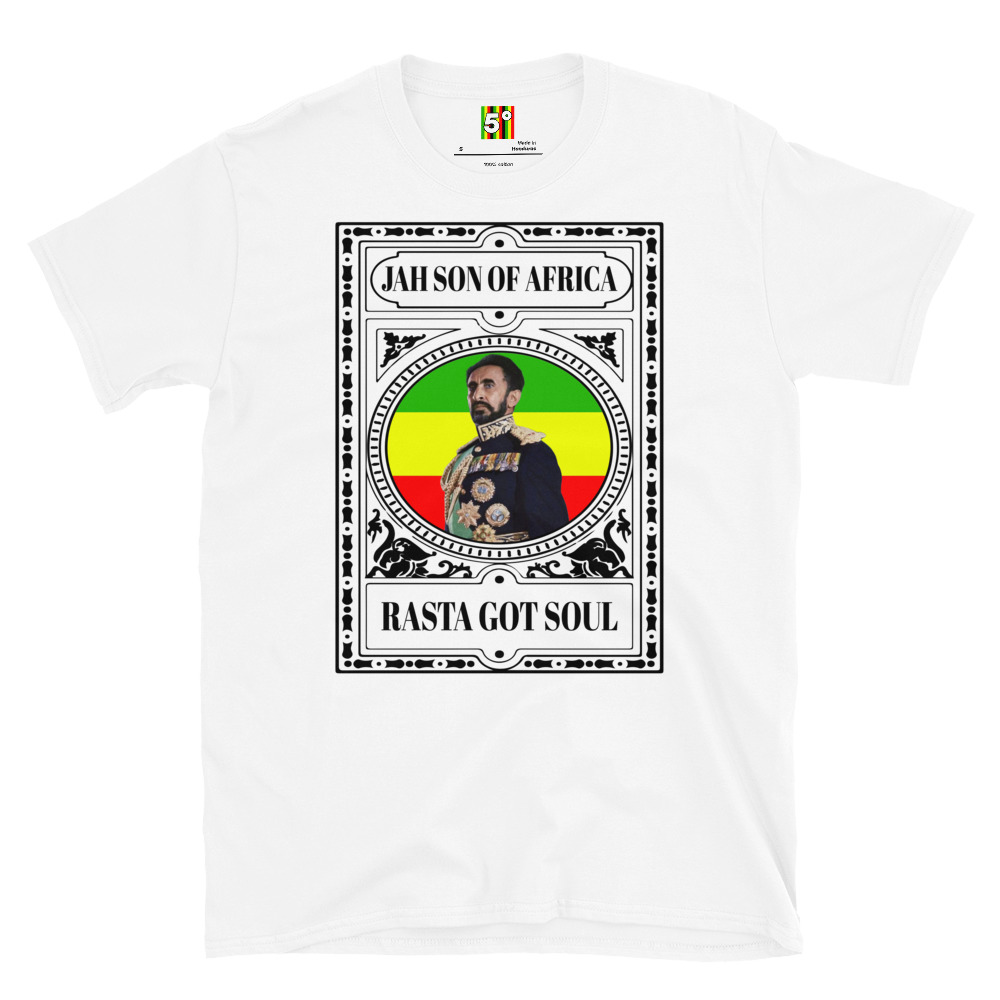Jamaica, the third-largest island in the Caribbean, is famous for its stunning beaches, lush rainforests, and vibrant culture. It is also the birthplace of Rastafarian culture, a spiritual and social movement that originated in the 1930s. Rastafarianism is centered on the worship of Haile Selassie I, the former Emperor of Ethiopia, who is seen as the messiah by Rastafarians.
Jamaica’s impact on the spread of Rastafarian culture has been significant and far-reaching. From its origins in Jamaica, Rastafarianism has spread to other parts of the world, influencing music, fashion, and popular culture. Studying Jamaica’s impact on the spread of Rastafarian culture provides insight into the cultural, political, and social factors that shaped this movement.
The purpose of this blog post is to explore Jamaica’s impact on the spread of Rastafarian culture. We will delve into the history of Rastafarianism, examine the influence of Jamaica on the development of this movement, and explore how Rastafarian culture has spread beyond Jamaica’s borders. Finally, we will look at the contemporary state of Rastafarian culture and discuss why it is important to preserve this unique and influential movement.
The History of Rastafarian Culture
Rastafarianism emerged in Jamaica in the early 20th century as a response to the colonial legacy and oppression experienced by Black Jamaicans. The movement draws inspiration from the Bible and Ethiopianism, a Pan-Africanist movement that celebrated Ethiopia as a symbol of African pride and independence. The term “Rastafarian” comes from the name Ras Tafari Makonnen, which was the pre-coronation name of Haile Selassie I.
Marcus Garvey, a Jamaican activist and leader of the Universal Negro Improvement Association (UNIA), played a significant role in the development of Rastafarianism. Garvey’s teachings emphasized Black pride and self-reliance, which resonated with many Jamaicans. Rastafarians viewed Garvey as a prophet and saw his prediction that a king would rise from Africa as a prophecy fulfilled in the person of Haile Selassie I.
Haile Selassie I was the Emperor of Ethiopia from 1930 to 1974 and is considered the messiah by Rastafarians. His coronation in 1930 was seen as the fulfillment of Garvey’s prophecy and sparked the growth of Rastafarianism in Jamaica. Rastafarians view Haile Selassie as a divine figure who will lead them to salvation. His speeches and writings on social justice, anti-colonialism, and African unity continue to inspire Rastafarians around the world.
Jamaica’s Impact on Rastafarian Culture
Jamaica is the birthplace of Rastafarian culture and has played a significant role in shaping this movement. Rastafarianism emerged in the context of Jamaica’s colonial legacy and the struggles of Black Jamaicans for self-determination. The movement drew on the island’s cultural traditions, including the use of ganja (marijuana) as a sacrament, and developed its distinctive music, art, and language.
Reggae music, which emerged in Jamaica in the late 1960s, has been a significant influence on Rastafarian culture. Reggae lyrics often celebrate Rastafarianism and its principles of social justice, equality, and African unity. The music of Bob Marley, one of Jamaica’s most famous musicians, was particularly influential in spreading Rastafarianism to a global audience. Marley’s songs, such as “Redemption Song” and “Get Up, Stand Up,” have become anthems of the movement.
Jamaican politics has had a significant impact on Rastafarian culture. The movement emerged in the context of Jamaica’s struggle for independence from British colonial rule and its legacy of racial inequality. Rastafarians have been active in Jamaican politics, advocating for social justice and political change. The movement’s influence on Jamaican politics has been particularly significant in the areas of ganja legalization and reparations for slavery.
The Spread of Rastafarian Culture Beyond Jamaica
Rastafarianism has spread beyond Jamaica to other parts of the world, including the United States. The movement gained popularity among African Americans in the 1960s and 1970s, who saw Rastafarianism as a way to connect with their African roots and reject white supremacy. Rastafarianism has influenced African American culture, including music, fashion, and language. The movement has also had an impact on the civil rights and black power movements in the United States.
Rastafarianism has also spread to Europe, where it has gained popularity among young people and reggae music fans. The movement has influenced European culture, including music, fashion, and art. Rastafarianism has also been embraced by some European social and political movements, such as anti-racism and environmentalism.
Rastafarianism has had a significant impact on Africa, particularly in Ethiopia. Rastafarians view Ethiopia as a spiritual homeland and Haile Selassie I as a messiah figure. The movement has inspired the development of African-centered and Pan-Africanist movements on the continent. Rastafarians have also been involved in humanitarian and development projects in Africa, such as building schools and promoting sustainable agriculture.
Rastafarian Culture Today
Rastafarian culture has evolved and adapted over time, reflecting changing social, political, and cultural contexts. Today, Rastafarianism is a global movement that continues to promote principles of social justice, equality, and African unity. Rastafarians continue to use ganja as a sacrament, and the movement’s distinctive music, art, and language continue to influence popular culture around the world. Contemporary Rastafarianism is also characterized by a growing emphasis on sustainable living and environmentalism.
The future of Rastafarian culture is uncertain, as the movement faces a range of challenges. Rastafarianism has struggled to maintain its cultural authenticity in the face of commercialization and mainstream appropriation. The movement has also faced opposition and persecution from governments and conservative religious groups. However, Rastafarianism continues to inspire social and political movements around the world, and its principles and values are more relevant than ever in the face of global inequality and environmental crisis.
Preserving Rastafarian culture is essential for maintaining the movement’s legacy and promoting its principles and values. Rastafarianism has made significant contributions to global culture, including music, art, and language, and has inspired social and political movements around the world. Preserving Rastafarian culture also means respecting the movement’s cultural traditions and values, including its use of ganja as a sacrament and its commitment to sustainable living and environmentalism. By preserving Rastafarian culture, we can continue to learn from the movement’s legacy and inspire new generations to promote social justice, equality, and African unity.
Conclusion
In this blog post, we explored the impact of Jamaica on the spread of Rastafarian culture. We discussed the history of Rastafarianism, including its origins, the role of Marcus Garvey, and the influence of Haile Selassie. We also explored Jamaica’s impact on Rastafarian culture, including its role as the birthplace of the movement, the influence of reggae music, and the impact of Jamaican politics. Additionally, we discussed the spread of Rastafarian culture beyond Jamaica, including in the United States, Europe, and Africa. Finally, we explored contemporary Rastafarianism, its future, and the importance of preserving its cultural authenticity and legacy.
Jamaica’s impact on the spread of Rastafarian culture cannot be overstated. As the birthplace of the movement, Jamaica played a critical role in shaping Rastafarianism’s distinctive cultural traditions, including its music, language, and use of ganja as a sacrament. Additionally, Jamaica’s political and social history played a significant role in the development and spread of Rastafarian culture. Jamaica’s influence on Rastafarianism extends beyond the island’s borders, as the movement’s principles and values continue to inspire social and political movements around the world.
Exploring Jamaica’s impact on the spread of Rastafarian culture allows us to appreciate the movement’s cultural significance and its ongoing relevance today. To learn more about Rastafarianism, we recommend reading the works of scholars such as Barry Chevannes, Leonard E. Barrett, and Horace Campbell. Additionally, exploring the music and art of Rastafarian culture, including the works of artists such as Bob Marley and Ras Michael, can provide further insights into the movement’s legacy. By continuing to learn about and appreciate Rastafarian culture, we can promote its principles of social justice, equality, and African unity, and contribute to the movement’s ongoing legacy of cultural and social transformation.
Final Note
If you’re interested in exploring who is Jah and Rastafarian culture further, we invite you to check out Fifth Degree’s collection of Rastafarian clothing. Our clothing is designed to reflect the spirit and teachings of Rastafarianism, with bold colors, empowering messages, and a commitment to sustainability and ethical production. We believe that what you wear can be a powerful expression of your values and beliefs, and we’re proud to offer a range of high-quality, stylish, and socially conscious clothing for individuals who are seeking to live in harmony with nature and the divine. Visit our website today to learn more about our collection and find the perfect Rastafarian clothes for woman for you.





